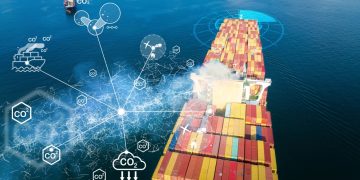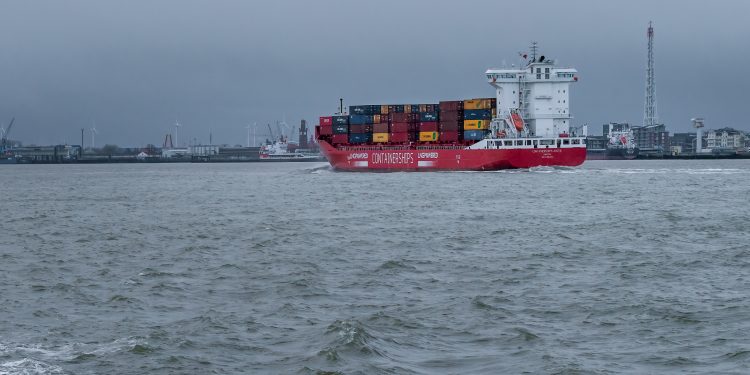Marine fuel sellers have stopped serving vessels that have a flag of Russia at major European hubs, such as Malta and Spain, in another effort to blow the exports of Moscow, following the invasion of Ukraine.
This loss of access to refuelling services in the Mediterranean Sea poses many logistical challenges for Russia’s oil tankers, especially those sailing from Baltic ports to Asia. What is more, there are safety concerns of being stuck with flammable cargo at sea.
Currently, Russia is reeling from a wave of severe economic sanctions on the country’s oligarchs and banks. What is more, foreign companies are cutting ties after Moscow’s invasion of Ukraine, which Russian President Vladimir Putin calls a special military operation.
Payment-related problems resulting from banking restrictions have added to issues with deals for marine fuel typically paid and priced for in US dollars. A source said that Russian-flagged vessels could not secure marine fuel in Malta, the Gibraltar, or Algeciras – major refueling or bunkering zones in the Mediterranean.
According to an official in Malta, the country was not permitting Russian-flagged ships to arrive at its ports.
Similarly, a Spain’s Merchant Marine spokesperson said it was also possible that some providers are taking the measures independently.
A Gibraltar government spokesperson said port authorities would “reject calling requests by all ships either owned or operated by anyone connected to the country, not even for bunkering, in accordance to UK rules”. The spokesperson mentioned that as in Britain, foreign vessels with Russian cargoes wouldn’t be affected.
It is obvious that the maritime sector of Russia has been grappling with the winding down of other services, for example ship certification by leading providers, something that is very important to securing insurance and accessing ports – shipping firms are pulling out and ship engine makers have been suspending all training on equipment.
According to some sources from the shipping industry, given the complexities of the world’s seaborne trade it was not clear how Russian firms would operate with several services being pulled back.
Monjasa, a Danish marine fuels supplier and ship owner, noted that it halted “trading and supplies with Russian-flagged vessels, Russian registered companies and companies and individuals with ties or affiliation to Russian ownership.”
Additionally, Danish Bunker Holding mentioned that it had put an end to all deliveries to the Russian harbors since March beginning, adding that the group and subsidiaries had ceased to make new obligations.
In the meantime, NATO and EU allies continue to make additions to the designated entities lists so all the members can ensure that they carry out careful examination and inspections using the updated lists.
It should be recalled that the economic sanctions targeting Russia continue to evolve and escalate with many being coordinated among the EU, UK, US, and their allies including sanctions against President Putin and the Central Bank of Russia. Standard Club’s experts Mrs. Ursula O’Donnell and Mrs. Gina Venezia provide a summary of some of the recent actions.
On 5 March 2022, the Singapore government imposed sanctions against Russia in response to the ongoing conflict in Ukraine.
Also, International Association of Classification Societies (IACS) voted to expel the Russian Maritime Register of Shipping from their ranks.
It is also worth noting that the economic impact and the energy crisis resulting from the Russian-Ukraine war is overwhelming, impacting the shipping industry as well.

































































